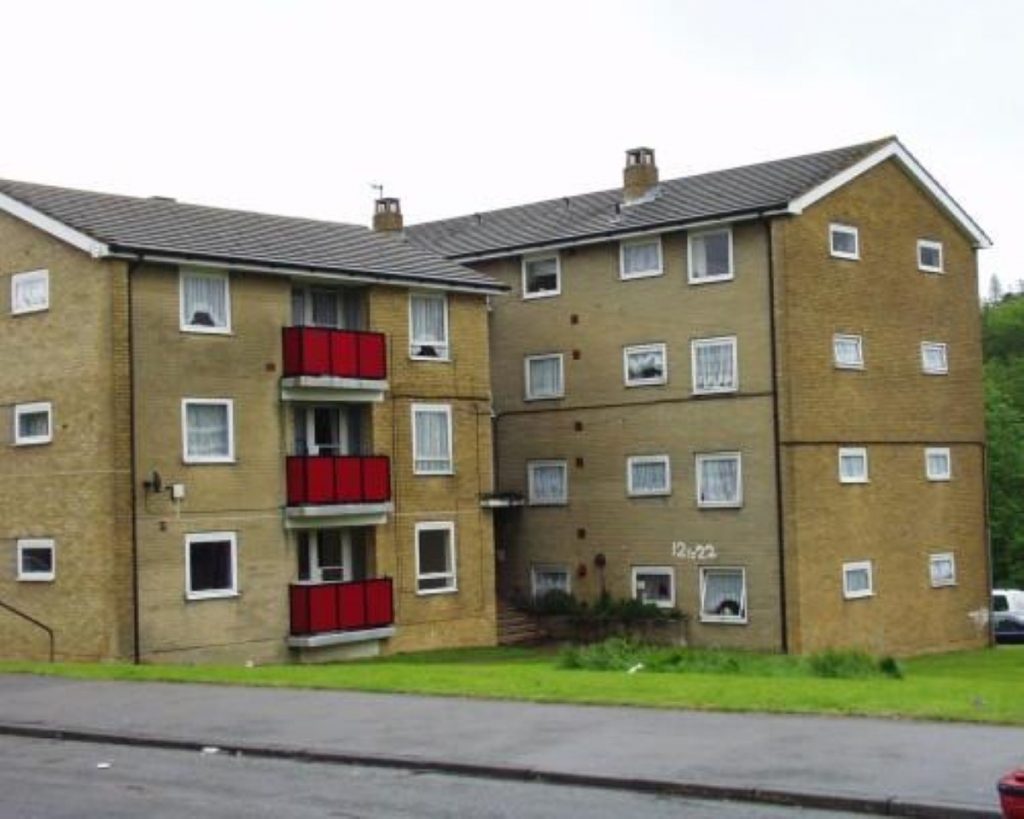Council tenants told to find work or lose home
People in social housing will be expected to find work or risk losing their tenancy, the new housing minister announced today.
Caroline Flint said the government was prepared to make active job seeking a condition for tenancy in social housing.
The measure would only apply to new council tenants at first but Ms Flint refused to rule out extending it to all social housing tenants.
However, the Conservatives have claimed the government would not legally be allowed to evict unemployed tenants and accused the minister of “headline grabbing”.
Ms Flint, who replaced Yvette Cooper as housing minister after Peter Hain’s resignation, admitted she had been “surprised” at the level of unemployment among council tenants.
Of the 2.6 million people of working age in social housing, 1.4 million are not in work – more than twice the national average.
In an interview with the Guardian, Ms Flint said she was concerned living in social housing could act as a deterrent to finding work, pointing to a culture of “no one works around here”.
She said: “If you are in a family, an estate or a neighbourhood where nobody works that impacts on your own aspiration. It is a form of peer pressure.”
Ms Flint said unemployed tenants should be made to undertake a skills audit. Those that are genuinely incapable of seeking work would not be subject to tenancy conditions.
She said: “It would be a big change of culture from the time when the council handed someone the keys and forgot about them for 30 years.
“The question that we should ask of new tenants is what commitment they will make to improve their skills, find work, and take the support that is available.”
In a bid to make it easier for the long-term unemployed to find work, Ms Flint proposed opening job centres on council estates, arguing this made more sense than forcing people to travel “miles” to access services.
She also said tenants that find work should be able to move to council estates closer to their new employer.
But shadow housing minister Grant Shapps doubted whether Ms Flint’s proposals would be legally enforceable, pointing out ministers and local councils have a statutory duty to house homeless families with children.
Mr Shapps said: “In her first speech as housing minister we had hoped that Ms Flint would tackle this government’s appalling house building record which has resulted in less social housing being built each year under Labour than in any year under Margaret Thatcher or John Major.
“But instead what we’ve heard is classic Labour spin; designed to sound tough, but is in reality meaningless.”
Ms Flint told the Guardian the government was committed to pushing ahead with its plans for 3 million extra homes by 2020.
She said: “I want to establish a national consensus that building more homes – including more social and affordable housing – is the right thing to do. My challenge is winning support for where those homes should be … we cannot all say ‘we need more homes, but not near me’.”
The housing minister also said he wanted to increase uptake of shared equity schemes, with just 150,000 people choosing to part-buy their home since 1991.





-01.png)